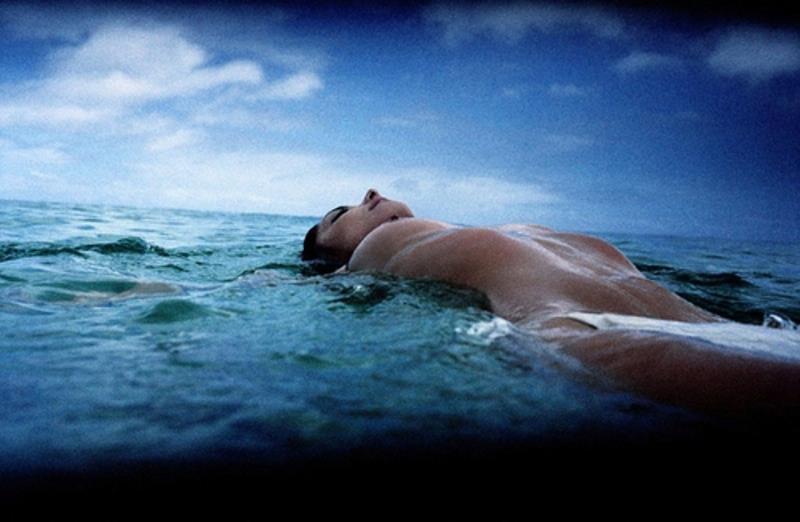
bruno bisang
It is presented right to your face, and at this moment the whole thing is handed over to you. For an intelligent fellow, one word should suffice to convince him of the truth of it, but even then error has crept in. Much more so when it is committed to paper and ink, or given up to wordy demonstration or to logical quibble, then it slips farther away from you.
The great truth of Zen is possessed by everybody. Look into your own being and seek it not through others. Your own mind is above all forms; it is free and quiet and sufficient; it eternally stamps itself in your six senses and four elements. In its light all is absorbed. Hush the dualism of subject and object, forget both, transcend the intellect, sever yourself from the understanding, and directly penetrate deep into the identity of the Buddha-mind; outside of this there are no realities.
Therefore, when Bodhidharma came from the West, he simply declared, ‘Directly pointing to one’s own soul, my doctrine is unique, and is not hampered by the canonical teachings; it is the absolute transmission of the true seal’. Zen has nothing to do with letters, words, or sutras. It only requests you to grasp the point directly and therein to find your peaceful abode.
When the mind is disturbed, the understanding is stirred, things are recognized, notions are entertained, ghostly spirits are conjured, and prejudices grow rampant. Zen will then forever be lost in the maze.
The wise Sekiso (Shih-shuang) said, ‘Stop all your hankerings; let the mildew grow on your lips; make yourself like unto a perfect piece of immaculate silk; let your one thought be eternity; let yourself be like the dead ashes, cold and lifeless; again let yourself be like an old censer in a deserted village shrine!’
Put your simple faith in this, discipline yourself accordingly; let your body and mind be turned into an inanimate object of nature like a stone or a piece of wood; when a state of perfect motionlessness and unawareness is obtained all the signs of life will depart and also every trace of limitation will vanish. Not a single idea will disturb your consciousness, when lo! All of a sudden you will come to realize the light abounding in full gladness.
It is like coming across the light in thick darkness; it is like receiving treasure in poverty. The four elements and the five aggregates are no more felt as burdens; so light, so easy, so free you are. Your very existence has been delivered from all limitations; you have become open, light, and transparent.
You gain an illuminating insight into the very nature of things, which now appear to you as so many fairylike flowers having no graspable realities. Here is manifested the unsophisticated self which is the original face of your being; here is shown all bare the most beautiful landscape of your birthplace. There is but one straight passage open and unobstructed through and through.
This is so when you surrender all — your body, your life, and all that belongs to your inmost self. This is where you gain peace, ease, non-doing, and inexpressible delight. All the sutras and shastras are no more than communications of this fact; all the sages, ancient as well as modern, have exhausted their ingenuity and imagination to no other purpose that to point the way to this.
It is like unlocking the door to a treasury; when the entrance is once gained, every object coming into your view is yours, every opportunity that presents itself is available for your use; for are they not, however multitudinous, all possessions obtainable within the original being of yourself? Every treasure there is but waiting for your pleasure and utilization.
This is what is meant by ‘Once gained, eternally gained, even unto the end of time.’ Yet really there is nothing gained; what you have gained is no gain, yet there is something truly gained in this.
Yuanwu
bottomless yuanwu
🪷




